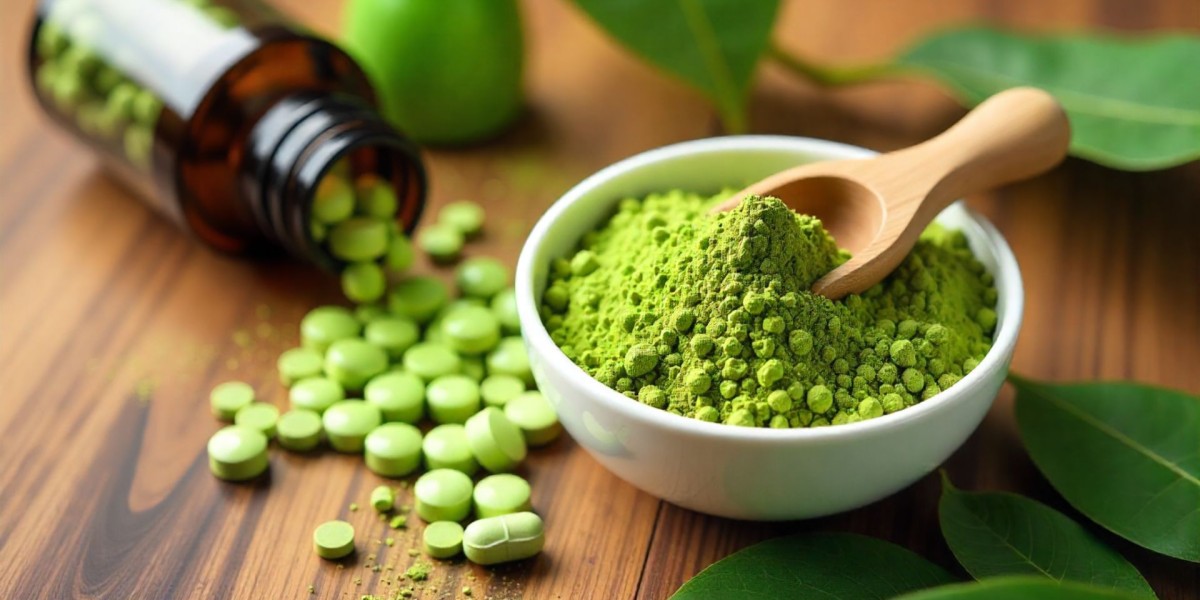Introduction
Good Manufacturing Practice (GMP) certification is a vital standard for companies involved in the production of pharmaceuticals, food, cosmetics, and other regulated products. GMP ensures that products are consistently produced and controlled according to quality standards, minimizing risks such as contamination, mix-ups, and errors. Achieving GMP certification demonstrates a company’s commitment to quality, safety, and regulatory compliance, which is essential for gaining customer trust and accessing global markets.
What is GMP Certification?
GMP certification refers to the formal recognition that a manufacturing facility adheres to Good Manufacturing Practice guidelines set by regulatory authorities. These guidelines cover every aspect of the production process—from raw material sourcing and equipment maintenance to staff training and hygiene. GMP standards are designed to ensure products meet quality requirements and are safe for consumption or use. Different industries may have specific GMP regulations, but the core principles remain consistent globally.
Importance of GMP Certification
GMP certification plays a crucial role in safeguarding public health by ensuring products are safe, effective, and of high quality. For manufacturers, it reduces the risk of product recalls, legal penalties, and damage to brand reputation. Compliance with GMP is often mandatory to sell products in many countries, especially in pharmaceutical and food sectors. Additionally, GMP certification enhances operational efficiency by establishing standardized processes and documentation practices.
The Certification Process
The GMP certification process begins with a thorough gap analysis to identify areas needing improvement. Companies then implement GMP-compliant procedures, including quality control systems, documentation, and training programs. An accredited certification body conducts an on-site audit to assess compliance with GMP standards. The audit reviews manufacturing processes, facility conditions, staff qualifications, and record-keeping. If all requirements are met, the company receives GMP certification, which requires regular surveillance audits to maintain.
Benefits of GMP Certification
GMP certification offers numerous benefits, including improved product quality, enhanced consumer confidence, and access to international markets. It fosters a culture of quality and accountability within organizations, leading to continuous process improvements. Certified companies are better positioned to meet regulatory demands and reduce operational risks. Moreover, GMP certification serves as a competitive advantage, reassuring customers and partners about the reliability and safety of products.
Conclusion
GMP certification is a cornerstone of quality assurance in manufacturing industries. It helps companies deliver safe and high-quality products while complying with regulatory requirements. By embracing GMP standards, manufacturers not only protect consumers but also strengthen their market position and operational excellence. Achieving and maintaining GMP certification is essential for any organization committed to quality and safety.







